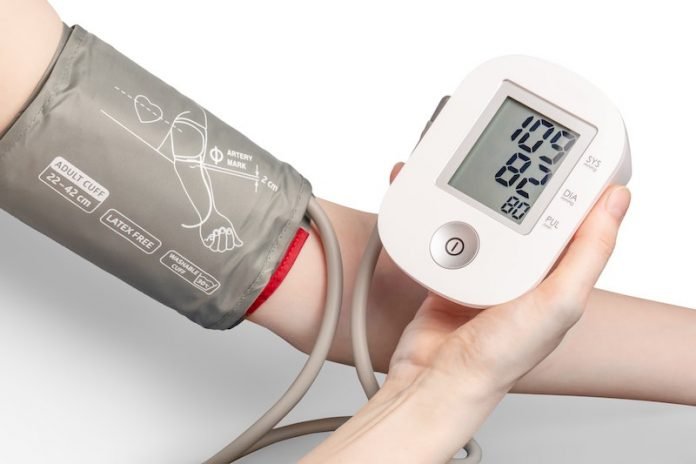
In a recent study at the American College of Cardiology’s Annual Scientific Session, researchers found that nearly 1 in 5 adults with high blood pressure, a leading risk factor for heart disease and stroke, also take a medicine that could be elevating their blood pressure.
The study was from Beth Israel Deaconess Medical Center. One author is John Vitarello, MD.
The team examined data from 27,599 participants in the National Health and Nutrition Examination Survey (NHANES) between 2009 and 2018.
They found the three most common classes of medications were antidepressants; nonsteroidal anti-inflammatory drugs (NSAIDs) that include ibuprofen and naproxen; and oral steroids used to treat conditions such as gout, lupus, rheumatoid arthritis or after an organ transplant.
Other medications associated with blood pressure elevation were also reported, including antipsychotics, certain oral contraceptives and popular decongestants.
The results underscore the need for patients to routinely review all of the medications they take with their care team, including those available over the counter, to make sure none could be interfering with blood pressure lowering efforts.
The team says these findings raise concerns, especially as nearly half of Americans diagnosed with high blood pressure do not have it sufficiently controlled.
These are medications that people commonly take—both over-the-counter and prescribed medications—that may have the unintended side effect of raising blood pressure and could have adverse effects on heart health.
Based on their findings, doctors need to be more aware of polypharmacy (the use of multiple medications by a single patient) in older adults who also have the highest burden of high blood pressure.
Copyright © 2021 Knowridge Science Report. All rights reserved.



